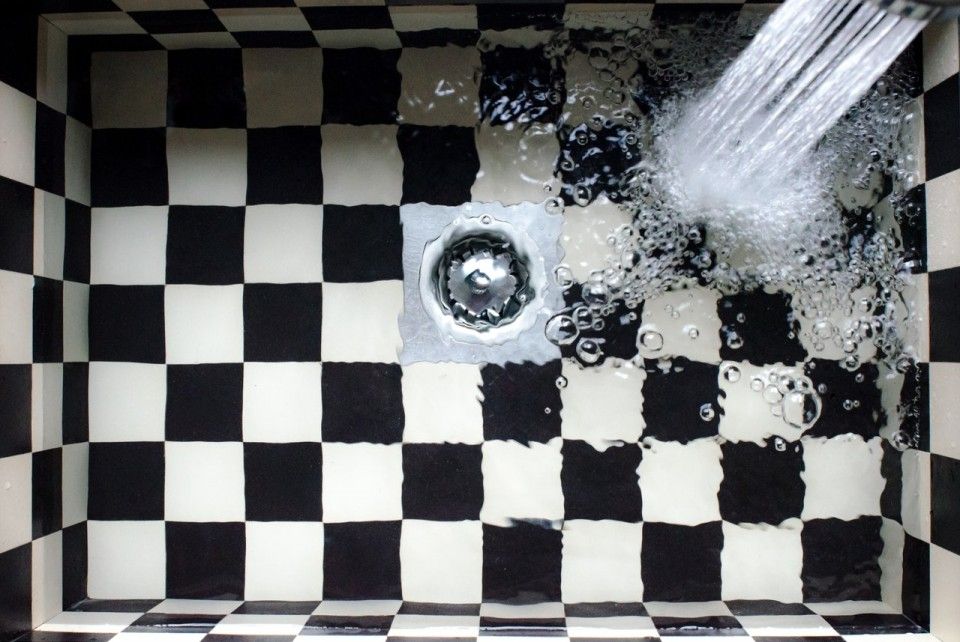Struggling with a clogged drain? Don't have any idea what to do? Looking for how to unclog a drain pipe in your kitchen? Here's a perfect guide for you to unclog a drain.
Everybody is familiar with the warning signs; if the sink takes a little more time to drain. You might have seen water pooling around your feet and noticed some unpleasant smells. All these signs show that you may be going to face a clogged drain anytime, so be ready to fix the problem. In some cases, you might need some professional drain unclogging company to prevent the problem in the future. A professional will guide you properly so make sure to consider that option as well if you're not willing to take the risk to go through this proper guide.
What causes Clog Drains
If you don’t know the reason you can’t unclog a drain;
For substances that cause clogging
- Fat, oil and grease clog the kitchen sink clogs
- Large food particles trapped in pipes beneath the sink
- Hair causes bathroom drain clogs
- Soaps residue coat the interior of pipes and cause blockage
Here is how to pinpoint the clog and grind your way through it without contacting any professional unclog drain company.
Wire Hanger
Quite simple but this is surprisingly effective. You need to take a regular wire coat hanger, straight it out as the maximum you can. Bend its one side to make a small hook, now push that over the drain and get all stuff out of the drain. Run hot water once you get as much mess out as you can; this can clear things in a better way.
Plumber’s Snake
This handy tool can clear blocked clogs which stuck further down the system. All you need to do is to disassemble the pipe and let this trap run underneath the sink to expose the stub pipe. Now you can insert this snake tool inside the pipe until you feel some resistance to break the clog.
Clean the Pipe
There are some plumbing tasks that you can’t do but this one is pretty easy. Put an empty bucket under the pipe to collect the water spill. Lose the slip nuts using plumber’s wrench, remove the trap and turn it upside down. Empty whatever you got stuck there in a bucket, also check the pipes which might be a home for debris.
Salt and Boiling Water
Make sure you can remove maximum standing water from the sink, take ½ cup of table salt, put it down the drain and run boiling water over it. Wait for a few minutes and flush with hot water to clear this salt and residues.
Salt and Baking Soda
Another combination is good for opening clogged drains. Mix a half cup of salt with a cup of baking soda; pour down the clogged drain. Better to do in the night as this needs several hours to sit; then flush with boiling water. Repeat the process if it didn’t work the first time.
Vinegar and Baking Soda
Start by removing stagnant water every time, put a cup of baking soda followed by vinegar; white or apple cider. You will see the bubble and once they subside, put the stopper and let it sit for 15 minutes. Run hot water to clear the clogs; repeat if needed.
Enzyme Cleaner
This can be used regularly to keep your drains unclogged and free from odors. Such cleaners contain enzymes used to unclog sewer and all sorts of blockading at home. You can use this cleaner to let bacteria eat through the organic stuff inside the clogged pipes. Also, these can be used with a septic system as they don’t kill beneficial bacteria.
How to Prevent Drain Clogs from coming back
Once you successfully unclog a drain, follow these points to prevent the issue;
- Don’t put fats, oil, and grease down or any other disposal
- Don’t experiment with hot water to melt fat, because they can damage pipes and you will have to go for water leak repairs
- keep food waste and vegetable peels in the trash bin and not inside the sink drain
- Make sure not to flush hair down the drain
- Try to flush your kitchen drains using salt and hot water once in a month
Hopefully, these tips can help you flush the toxic chemical at your home.





